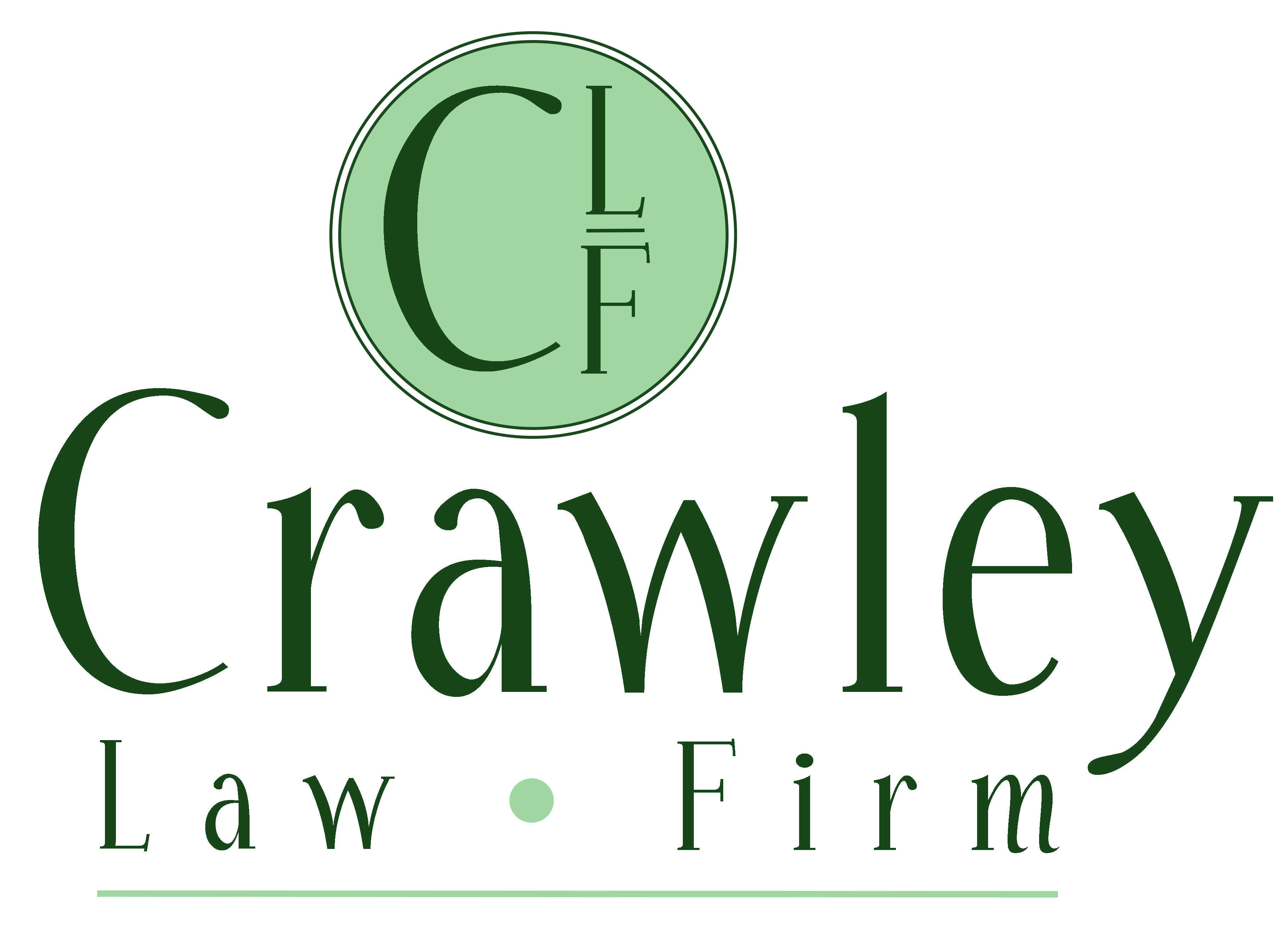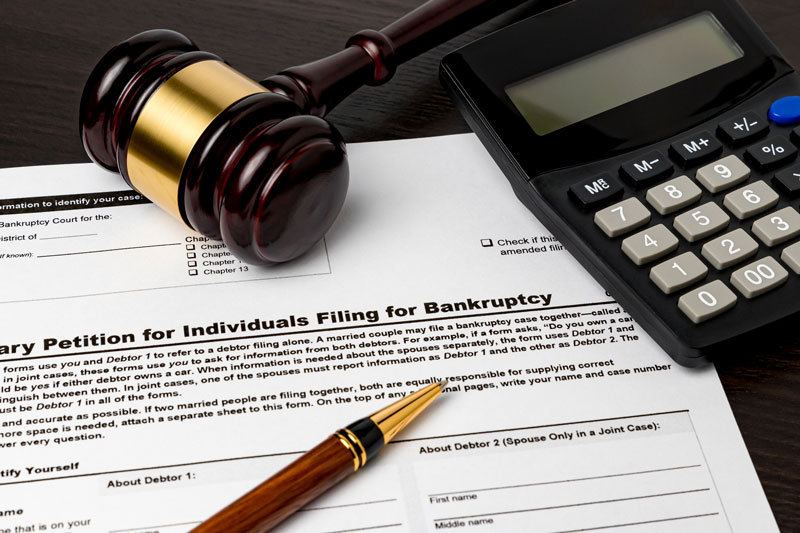Choosing Between Chapter 7 And Chapter 13 Bankruptcy
Falling into debt can be overwhelming, especially when you can’t find a way out. Things can spiral out of control, leaving you feeling stressed and hopeless. However, there is hope. Bankruptcy can be a way to establish a clean slate and get a fresh start on your finances. Learning the critical differences between Chapter 7 and Chapter 13 bankruptcy can help you decide if this is the right path forward and Mr. Crawley will walk through the process with you.
How Does Chapter 7 Bankruptcy Work?
When people think about personal bankruptcy, they most likely think of Chapter 7. This is the most common form used and provides an immediate clean slate. However, there are potential drawbacks to this approach.
When you submit a Chapter 7 bankruptcy filing, the court orders your creditors to cease collection efforts. Once your bankruptcy is approved and discharged, qualifying debts are discharged. Medical bills, credit card balances, and unsecured loans are examples of what might be considered a qualifying debt.
Who Is It For?
It is a good idea to consult an experienced bankruptcy attorney to decide if Chapter 7 bankruptcy is right for you. However, it may be a good choice if most of your debt is unsecured.
Chapter 7 bankruptcy is means tested, meaning you must be financially unable to pay your debts. Additionally, the discharge of debts through this method is available to individuals but not corporations or partnerships.
How Does Chapter 13 Bankruptcy Work?
One of the significant differences between Chapter 7 and Chapter 13 bankruptcy is that debts are not discharged with the latter. Instead, you will develop a repayment plan for existing debts. This is carried out over three or five years, depending on your income and situation.
Because you are not asking for debt elimination, there is no risk of losing property in a Chapter 13 bankruptcy filing. However, property values will be considered in developing your repayment plan.
Who Is It For?
Individuals with a steady income sufficient to repay existing debts over time may benefit from a Chapter 13 bankruptcy filing. It can be an excellent way to restructure debt and get back in control in some situations, such as if you have fallen behind on mortgage payments.
Compassionate Help with Bankruptcy Filing
Bankruptcy is a viable option for regaining control over your finances. However, it is not a decision to be made lightly. At Crawley Law Firm, we understand that each situation is unique. We will work with you to determine the best approach to debt relief. When we help you file for bankruptcy protection, you’ll be enrolled in our unique 14-week credit rebuilding program, “7 Steps to a 720,” designed to help you rebuild your credit for a stronger financial future. Contact our office at (870) 972-1150 for your free consultation.

